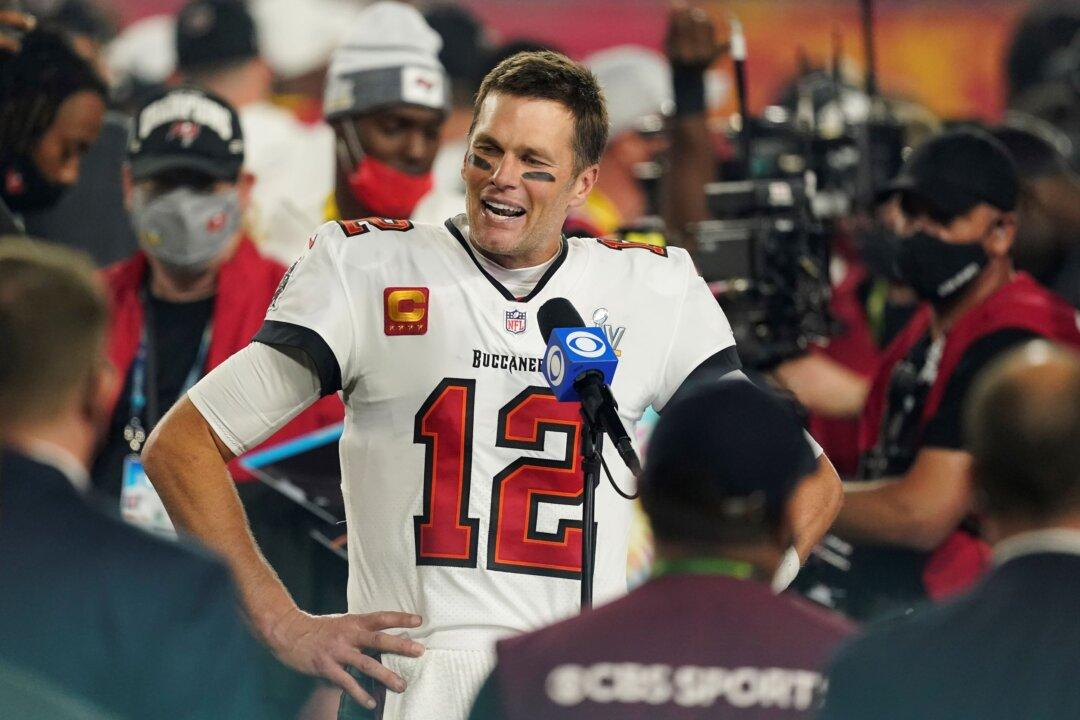Sometimes, the abdicating king, or the deposed one, returns to his kingdom.
It happens often in the NFL yet rarely is as newsworthy as Tom Brady, who led the Patriots to six Super Bowl titles, going back to New England. He'll do that on Sunday night, eight months after taking the Tampa Bay Buccaneers to the top.





